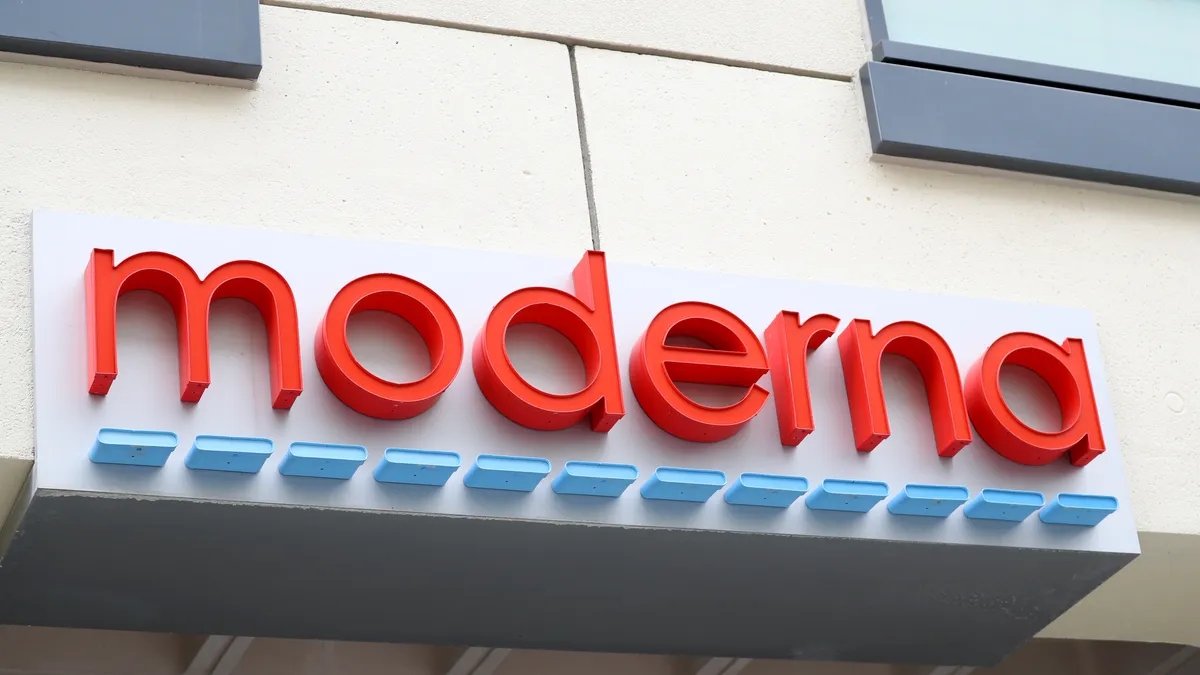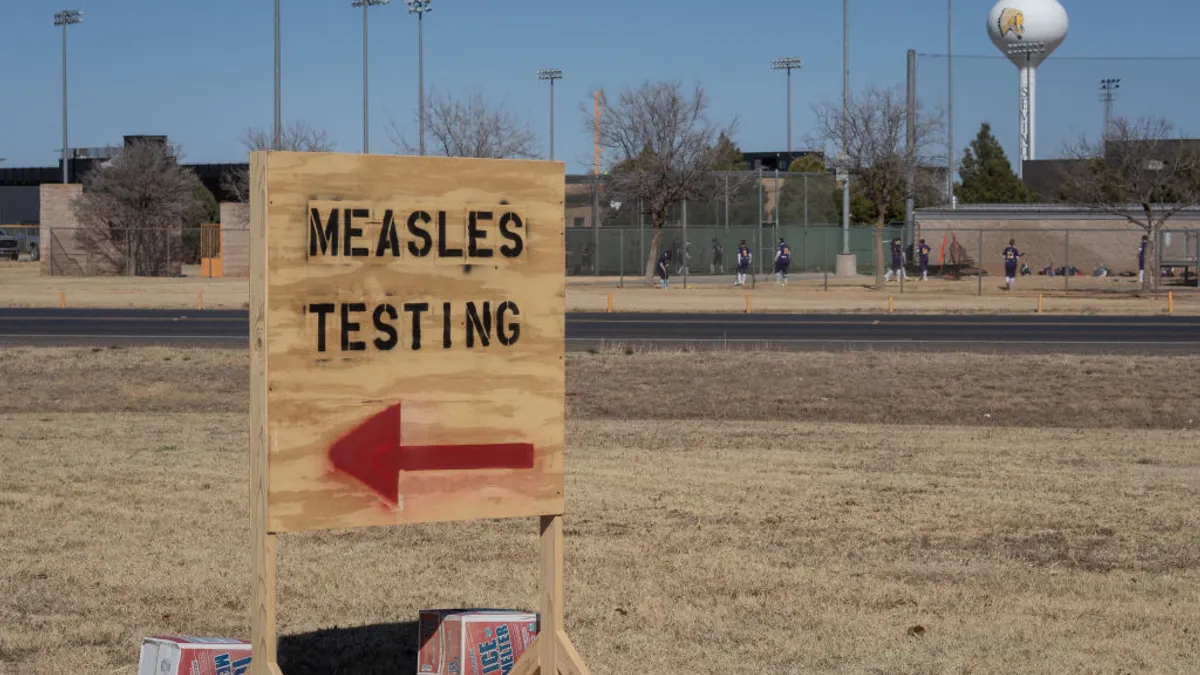Moderna’s COVID-19 vaccine success is widely known, but you’ve likely never heard of the biotech’s newer viral target. Cytomegalovirus, or CMV, is one of the most common latent viruses, estimated to infect roughly half of adults by age 40. For most, there’s little reason to know or be concerned about CMV though, as it presents with few symptoms and often resembles the common cold. But for the immunocompromised and babies who contract CMV in utero, it can be much more serious, posing long-term health problems and disabilities including blindness, brain damage and hearing loss.
“If a woman is infected with CMV for the first time when she's pregnant, there is an increased risk that she'll transmit the virus to her developing baby,” says Allison August, Moderna’s vice president of clinical development for infectious diseases, pointing out that one in three expecting mothers who contract CMV are likely to pass it on to their newborns. Those numbers are twice as high among Black communities.
Yet 91% of women say they’ve never heard of the virus. And, for those that become infected, few treatments exist — currently, there are only four antiviral medications available to slow the virus’ progression and none to stop it completely. While efforts to develop a vaccine have persisted since the 1970s when researchers discovered the link between CMV and birth defects, the best prevention strategy for expecting mothers remains careful hygiene, according to the CDC.
Moderna is hoping to change this. The mRNA pioneer is nine months into a phase 3 trial of its first-in-class mRNA-1647 vaccine against primary CMV infection in women ages 16 to 40, who are of child-bearing age. The trial, dubbed CMVictory, fits in with Moderna’s larger pipeline of vaccines aimed at addressing latent viruses, including candidates for mono, herpes and HIV, and is the first to reach a late-stage trial.
“We’ve got work to do,” August says with regard to the company’s effort. “Even if a woman is studious about hand-washing and all of these other behavioral things, there's still a risk, which I think is why the prophylactic vaccine is really the best route possible.”
Novel design
Moderna’s vaccine candidate is different from past attempts to prevent CMV infection, August says, benefiting from mRNA’s ability to encode multiple proteins and address complex antigens.
It combines six bits of mRNA to encode for two proteins — glycoprotein B and the pentamer complex — on the surface of CMV. While past attempts have attacked the glycoprotein B, which allows CMV to infect fibroblast cells, this vaccine is the first designed to also attack the pentamer, which researchers have found helps the virus also infect epithelial cells lining the skin, nose and mouth, as well as endothelial cells that line the heart and blood vessels.
Success of the trial will be determined by seroconversion, or how well the vaccine can stimulate the development of CMV antibodies in the blood serum, which would indicate future protection.
Initial phase 1 and 2 data suggest the vaccine does produce functional antigen-specific responses and is safe at all dose levels Moderna tested.
Moving endpoints
If successful, the vaccine will initially be targeted to prevent CMV infections in women of childbearing age, and Moderna is also investigating ways to expand the vaccine’s potential in adolescents and toddlers.
It’s unclear when results from the phase 3 trial will be available as vaccine studies require a critical mass of cases to be considered complete. Initially, Moderna suggested an estimated completion date around the end of 2023 but August says it is a moving target.
“It’s very, very difficult to estimate or even guesstimate an end date for the phase three pivotal efficacy trial,” she says. “When we have the appropriate number of accumulated cases, we then get to pause and look and say, ‘Okay, we have X number of cases. How many of those are in the placebo? How many of those are in the active vaccine?’”
The study, which began in October 2021, has sought to enroll roughly 8,000 participants including 6,900 women of childbearing age from 150 sites in the U.S., Europe and the Asia-Pacific region, nearly half of whom Moderna says are people of color.
“We have committed in this trial, just as we did in the COVID-19 trial, that we aim to enroll a population that is representative of the United States’ diverse population,” August says, noting that the company is using many tactics developed during the COVID-19 trials to improve enrollment. “We learned a lot from the COVID-19 trial on how to work with certain communities and churches so that we get confidence in those communities, and we get enrollment.”



















